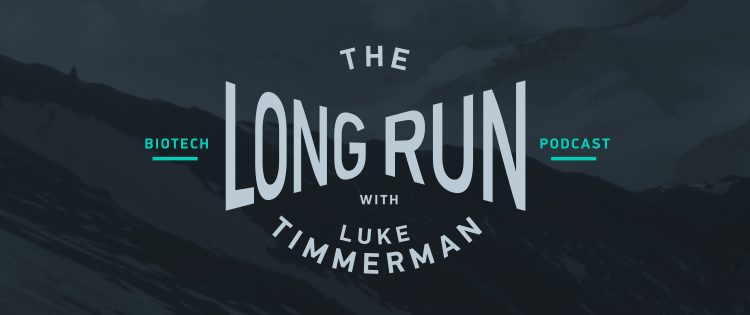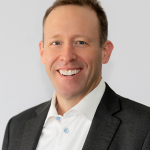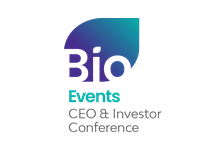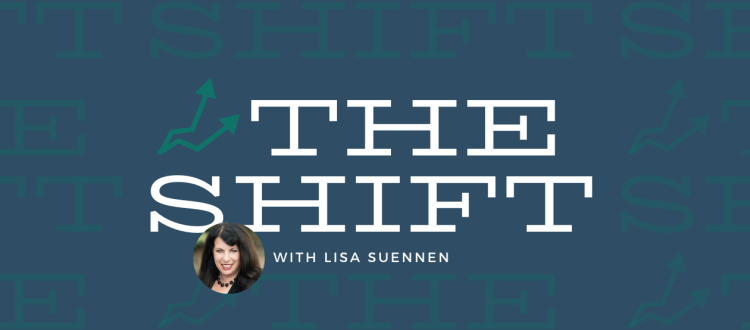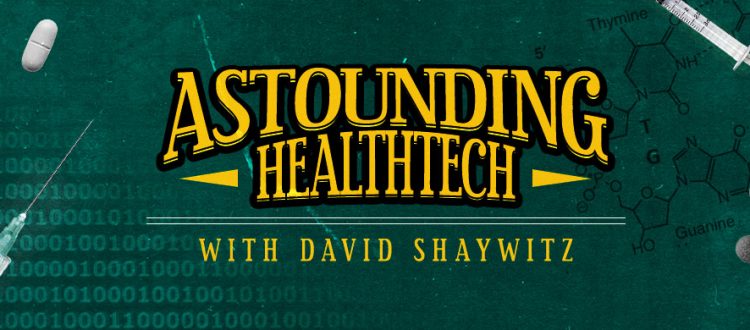Get In-depth Biotech Coverage with Timmerman Report.
26
Jan
2023
VIR’s Scangos Retires, Pliant’s IPF Win, & Some Painful Decisions
Please subscribe and tell your friends why it’s worthwhile. Quality journalism costs money. When you subscribe to Timmerman Report at $199 per year, you reward quality independent biotech reporting, and encourage more.



